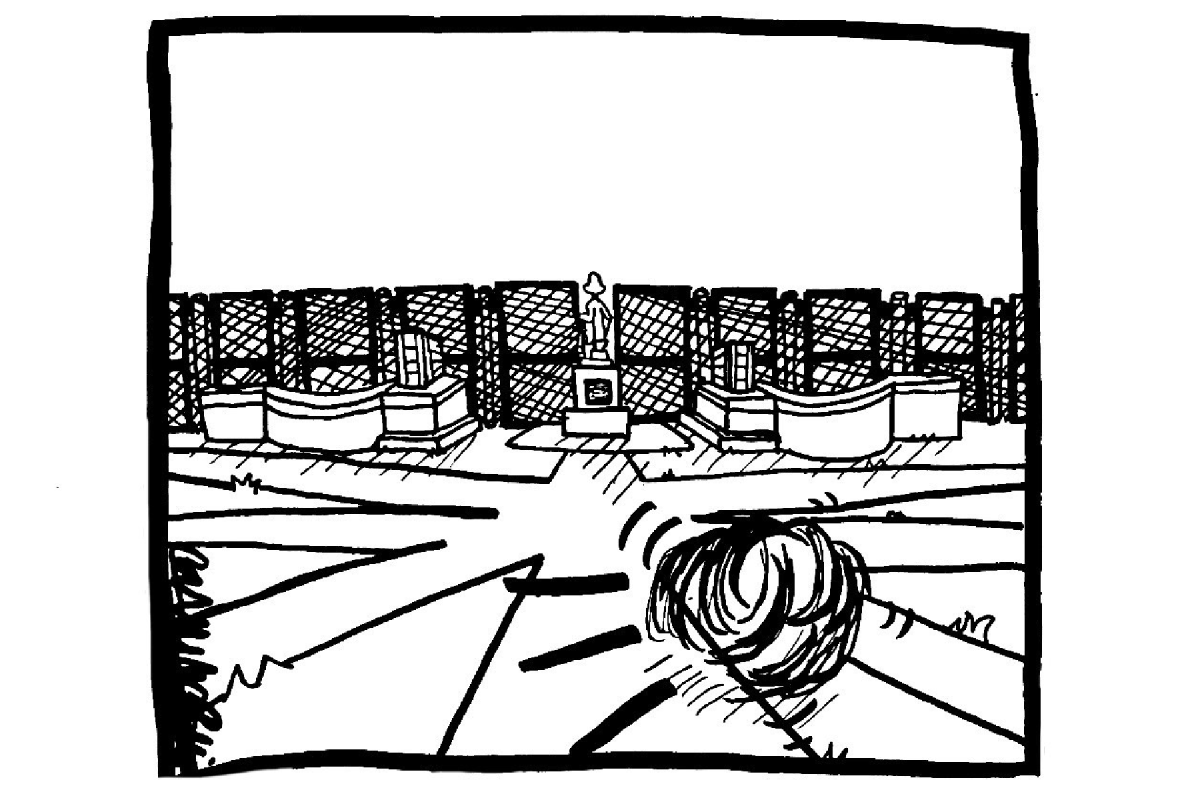The addition of two new Greek-letter organizations to GW’s campus provides more opportunities for students to get involved in fraternities and sororities. While GW’s expanding Greek-letter community may be viewed as weak, consisting of younger, smaller groups with scarce funds, this may be the University’s opportunity to build new customs, possibly in a Greek Village residence hall.
New chapters like Pi Kappa Phi could be easily coaxed to live in University housing because they have little financial base. GW has rough plans for new on-campus housing at the corner of 23rd and G streets, across from the Health and Wellness Center that may include special areas for fraternities and sororities to meet and possibly live together. Over time, Greek-letter organizations could build solidarity that larger state schools such as the University of Maryland enjoy. Or the Greek Village idea could fall flat as long-established fraternities fight to remain in houses of their own.
Nevertheless, expansion of the system will open options to students interested in joining Greek-letter life and reaping its benefits – including grade point averages traditionally above University averages, high graduation rates and expanded social opportunities. The Panhellenic Council made a wise change after refusing to add new member chapters in the last three years. The new chapter will help alleviate the overload in demand of joining the groups. GW’s sororities are already filled to capacity, and less than half of the women who rushed in the fall received bids from the sororities in which they expressed interest.
An obvious demand for new fraternities exists, as two of the Interfraternity Council’s member chapters – Alpha Epsilon Pi and Sigma Chi – have been suspended in the past two years for violating the University’s hazing policy. New campus fraternities will quickly learn that hazing and other practices sometimes defended as “tradition” will not be tolerated at GW. They should instead seek to build customs that conform to modern standards of fair treatment and good conduct.
GW’s Greek-letter community will likely grow stronger through expansion. But the balance of power may shift as newer fraternities and sororities have greater incentive to sign on to the University’s planned Greek Village and weaken the independence of the Greek-letter community. These new groups should respect GW rules, but demand that GW respect their need for autonomy.




